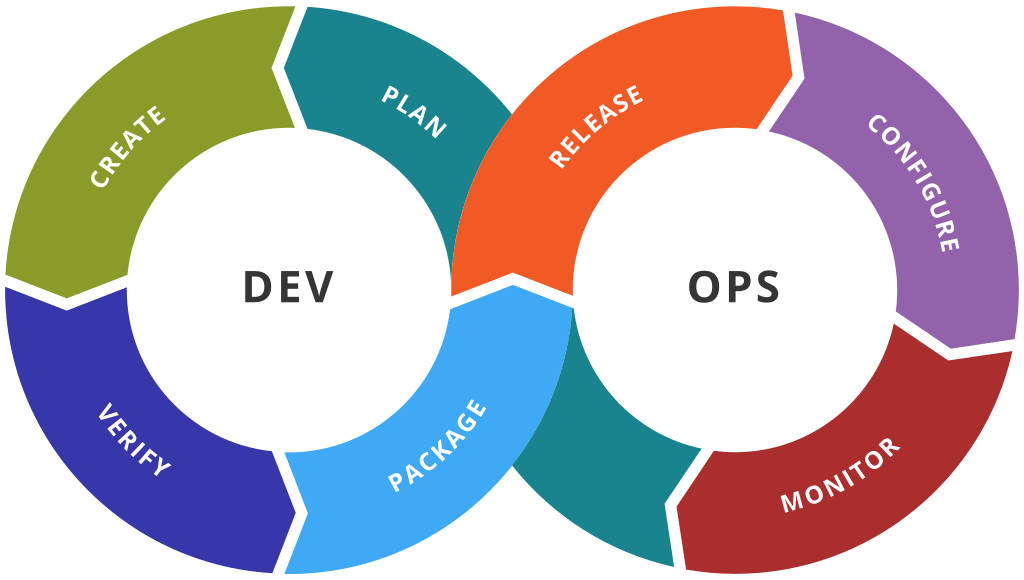Network Automation Skills Matter for Engineers in 2025
Why Network Automation Skills Matter for Engineers in 2025
Introduction
In 2025, companies expect network engineers to do more than configure devices by hand. They want professionals who can automate, validate, and observe networks using code and APIs. For engineers in Bangladesh—telecom, ISP, enterprise, and data center—automation skills mean higher productivity, fewer outages, and better career growth.
The Demand Curve
- Telecom & ISP growth: More fiber, 5G, and enterprise circuits → more devices → automation required.
- Skill shortage: Engineers with Python, Ansible, and APIs are in short supply.
- Freelance work: Global projects increasingly require network scripting and tooling.

Core Skills to Learn
- Python: Netmiko/NAPALM for CLI/API tasks; Pandas for data; Jinja2 for templates.
- Ansible: Idempotent playbooks for mass configuration and compliance.
- Git & CI/CD: Version control, code reviews, and pipelines for safe changes.
- APIs & Telemetry: NETCONF/RESTCONF, model-driven automation, and streaming data.

Real-World Impact in Bangladesh
- Faster customer turn-up: Auto-provision VLANs, BGP peers, and QoS in minutes.
- Fewer outages: Templates remove fat-finger errors; pre-checks catch risks.
- Lower OPEX: Less manual toil; lower MTTR with automated rollback and backups.
Learning Roadmap (30–60 Days)
- Week 1–2: Python basics; automate backups & show commands; store output to files.
- Week 3–4: Ansible playbooks for interfaces, BGP, SNMP, syslog; start using Git.
- Week 5–6: CI/CD with a staging lab; add tests and approvals; publish a GitHub portfolio.
How to Showcase Your Skills
- Publish a public GitHub repo with playbooks, templates, and a README.
- Write blog posts documenting problems, scripts, and results.
- Share screenshots and short demo videos on LinkedIn to attract employers.
Conclusion
Automation is now the default. If you invest in Python, Ansible, Git, and APIs, you’ll unlock better roles, higher pay, and global opportunities—especially across Bangladesh’s expanding telecom and ISP landscape.

Comments
Post a Comment